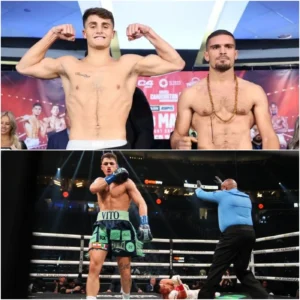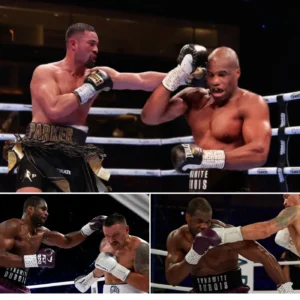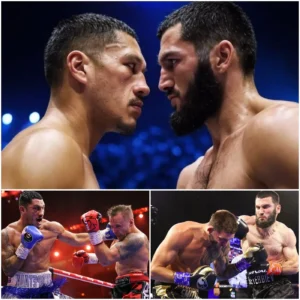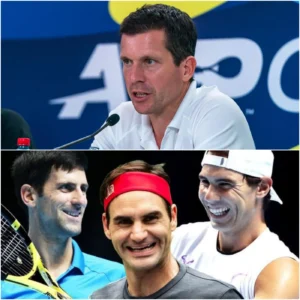Unraveling the Mind of a Boxing Trash Talker
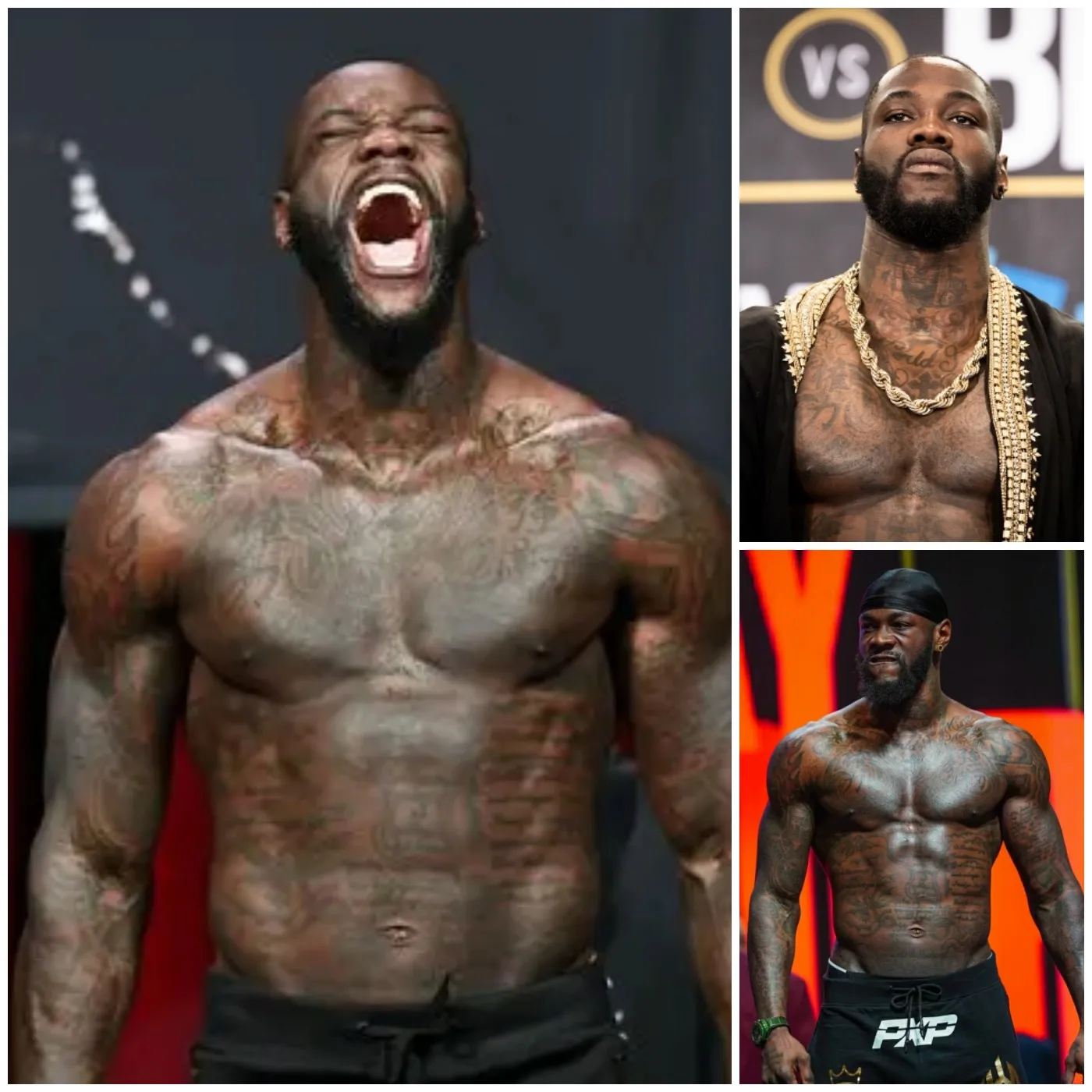
Deontay Wilder, one of the most feared heavyweights in boxing, is as much known for his devastating knockouts as he is for his fiery rhetoric outside the ring. From press conferences to interviews, Wilder has consistently made headlines with his bold, sometimes controversial, statements about his opponents. His trash talk often polarizes fans, raising the question: Does Wilder’s verbal sparring elevate the sport’s entertainment value, or does it cross the line into disrespect?
Trash Talk: A Longstanding Tradition in Boxing
Trash talk is hardly new to the world of boxing. Legends like Muhammad Ali, Mike Tyson, and Floyd Mayweather all used psychological warfare to gain an edge over their opponents. Ali famously rhymed insults that belittled opponents, turning press conferences into must-see events. Mayweather’s brash arrogance, meanwhile, was as much part of his marketability as his undefeated record.
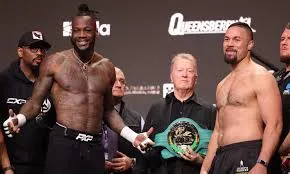
Wilder’s approach to trash talk fits squarely within this tradition but carries his unique intensity. Whether proclaiming he wants to “catch a body” in the ring or taunting opponents with vivid metaphors, Wilder knows how to grab attention. For some, this verbal sparring is just another layer of boxing’s entertainment value. By hyping up a fight with colorful language, Wilder builds anticipation and fuels ticket sales.
In this sense, trash talk serves a practical purpose: it generates buzz, attracts casual fans, and creates rivalries that live on in boxing lore.
When Trash Talk Crosses the Line
While Wilder’s verbal jabs are undeniably entertaining, they occasionally skirt the boundaries of what fans consider acceptable. His infamous statement about wanting to “kill” an opponent in the ring was widely condemned as insensitive and dangerous. Although Wilder later clarified that his words were meant to reflect the brutal reality of boxing, many felt he had gone too far.
This raises an important question about the ethics of trash talk in sports. Should there be limits on how far boxers can go to hype a fight?
Critics argue that Wilder’s rhetoric sometimes shifts from clever mind games to outright disrespect. Trash talk is one thing, but comments that trivialize violence or insult opponents’ personal lives risk overshadowing the sport itself. In an era where athletes are increasingly scrutinized for their words and actions, Wilder’s approach can be seen as a double-edged sword: it boosts his brand but risks damaging his reputation.
Fans Divided on Wilder’s Verbal Sparring
Opinions about Wilder’s trash talk are deeply divided among boxing fans.
-
Supporters argue that Wilder’s fiery persona adds to his allure. Boxing, after all, is as much about showmanship as it is about skill. Wilder’s larger-than-life presence brings excitement to the sport and ensures his fights are events that fans won’t want to miss. For these fans, trash talk is just part of boxing culture—a way for fighters to assert dominance before stepping into the ring.
-
Critics, on the other hand, feel that Wilder’s words often stray into poor taste. They argue that his comments sometimes undermine the respect and sportsmanship that should accompany such a physically demanding sport. These fans worry that Wilder’s approach sets a bad example for younger fighters, encouraging a culture of hostility rather than healthy competition.
Psychological Mind Games or Cheap Tactics?
The effectiveness of trash talk as a psychological tactic is another hotly debated topic. Some believe Wilder’s sharp tongue is a deliberate strategy to rattle his opponents. By dominating the narrative outside the ring, Wilder forces his adversaries to respond on his terms, potentially unsettling their focus before fight night.
Others, however, see his comments as cheap tactics that lack substance. Detractors argue that Wilder’s reliance on verbal sparring detracts from his skill as a fighter, making it seem as though he needs theatrics to stay relevant.
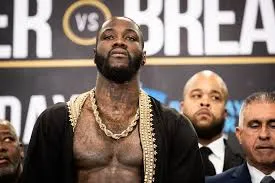
The Bigger Picture: Trash Talk and Boxing’s Identity
Wilder’s trash talk speaks to a larger issue about boxing’s identity in the modern sports landscape. As other combat sports like MMA gain traction, boxing faces pressure to remain relevant and exciting. Fighters like Wilder, with their ability to entertain outside the ring, play a crucial role in keeping boxing in the spotlight.
However, there’s a fine line between elevating the sport’s entertainment value and diminishing its credibility. For Wilder and other outspoken fighters, finding that balance is key to maintaining their legacy without alienating fans.
A Divine Legacy
Deontay Wilder’s trash talk will likely remain a contentious aspect of his career. While some fans celebrate his ability to hype fights and build rivalries, others criticize his comments for crossing the line into disrespect. Ultimately, whether Wilder’s verbal sparring is viewed as clever mind games or cheap tactics depends on individual perspectives.
One thing is certain: Wilder’s words, like his punches, pack a serious impact. Whether you love it or hate it, his trash talk ensures that his presence in boxing is impossible to ignore. For better or worse, Deontay Wilder’s legacy will be defined not just by his power in the ring but also by his sharp tongue outside of it.
